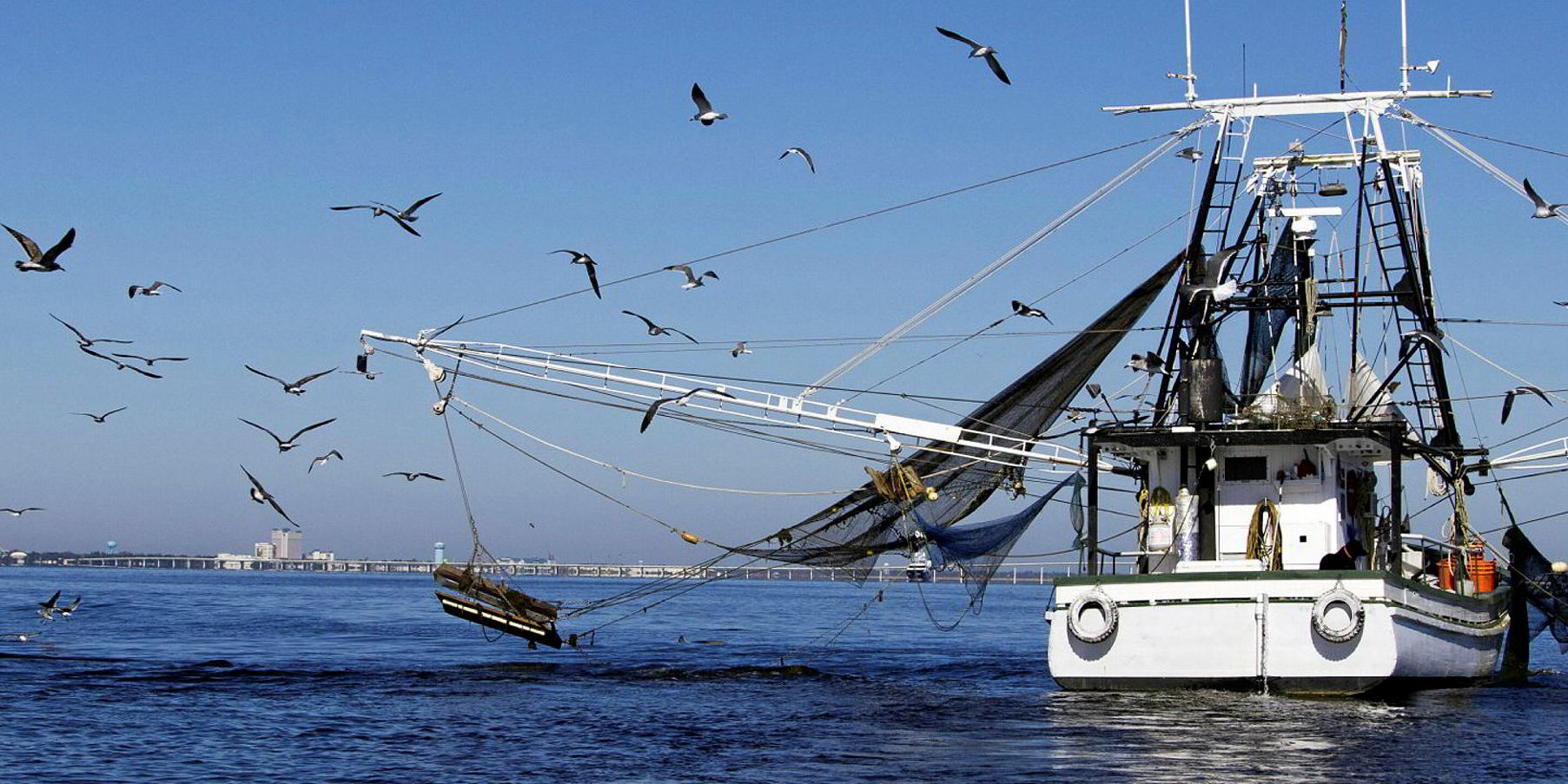US Secretary of Agriculture Sonny Perdue announced Wednesday the US Department of Agriculture (USDA) will provide approximately $530 million (€449 million) to support the US seafood industry and fishermen impacted by retaliatory tariffs from foreign governments.
The funding will be provided through the Seafood Trade Relief Program (STRP) and funded through the Commodity Credit Corporation (CCC), administered by USDA’s Farm Service Agency (FSA), according to the agency.
“Many nations have not played by the rules for a long time, and President Trump is the first President to stand up to them and send a clear message that the United States will no longer tolerate unfair trade practices,” he said.
“The Seafood Trade Relief Program ensures fishermen and other US producers will not stand alone in facing unjustified retaliatory tariffs while President Trump continues working to solidify better and stronger trade deals around the globe.”
Not all in the seafood industry lauded the announcement.
The Maine Lobster Dealers’ Association sad it was "extremely disappointed" the funding doesn't apply to the most-affected in that industry.
"While the intent of STRP is to mitigate the impact of retaliatory tariffs from foreign governments on US producers, it completely neglects to address that in the lobster industry, this pain has been felt by live lobster wholesalers and lobster processors, not by commercial lobster fishermen," the association said.
The US lobster industry was particularly hard-hit by the administration's trade war with China, which is a major market for US and Canadian lobster. In 2018 China imposed a 25 percent retaliatory tariff on US lobster exports in response to the president imposing tariffs on hundreds of billions worth of Chinese goods. In 2019, the country upped the tariff to 35 percent.
The Trump administration, however, recently signed an agreement with China that removes the tariff. Last month, it also reached a deal with the EU to remove tariffs on US lobster exports to the trading bloc.
As part of the deal, the EU removed a longstanding 8 percent tariff on live lobster exports and an up-to-20-percent tariff on processed US lobster exports, a promise Trump made to Maine lobstermen when visited the state in June.
It is hoped the move will help US lobster exporters claw back some of the Chinese lobster market lost to Canada. Earlier this month the administration launched an investigation into Canada/EU lobster trade.
John Connelly, president of the National Fisheries Institute (NFI), said the measure "illustrates the Trump Administration’s ongoing focus on this important sector."
"The Seafood Trade Relief Program is a welcome effort that will help an important part of America’s commercial seafood industry, while reminding us all of the importance of a fully functioning value chain," he added.
The Seafood Trade Relief Program funding will support the following seafood types:
- Atka mackerel
- Crab (Dungeness, King, Snow, Southern Tanner)
- Flounder
- Geoduck
- Goosefish
- Herrings
- Lobster
- Pacific Cod
- Pacific Ocean Perch
- Pollock
- Sablefish
- Salmon
- Sole
- Squid
- Tuna
- Turbot



